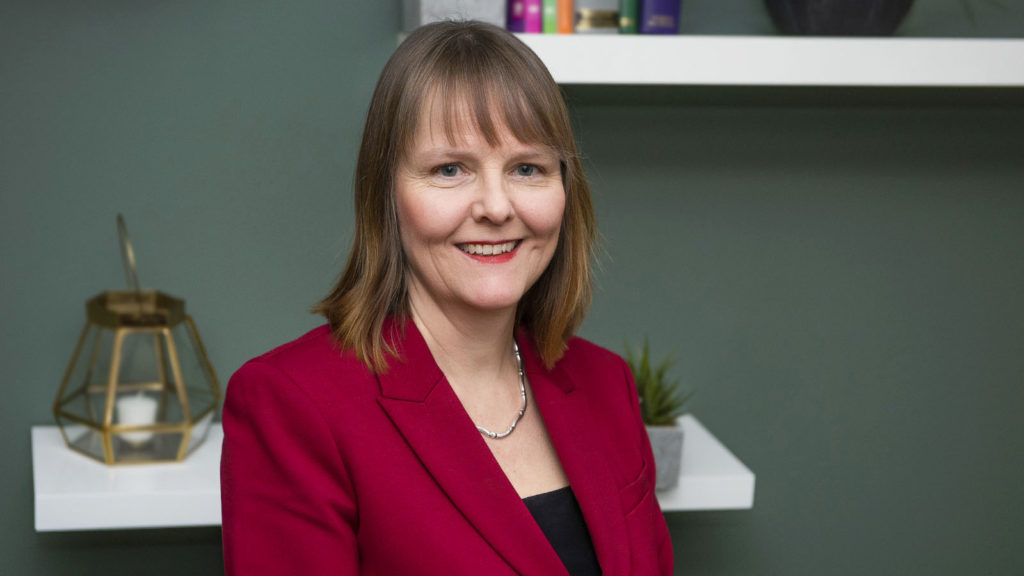From 2018 the Child Maintenance Service (CMS) will replace the Child Support Agency (CSA). Although this is still two years away, the CMS is already starting to take over all CSA child maintenance claims. If you already have a claim with the CSA, the CMS will be writing to you to renew your claim under the new scheme as there is no automatic transfer. The main difference is the CMS now charges £20 for their service.
All parents have a joint responsibility to support any children they have together irrespective of whether they live with them or not. When a couple with children separate, the parent who looks after the children most of the time receives child maintenance payments from the other parent. These payments contribute towards the child’s upbringing to ensure all their financial needs are met. Maintenance can be used towards anything from basic food and clothes to holidays or school fees, depending on the family’s financial situation and lifestyle.
Usually the starting point for agreeing maintenance payments would be to set up a ‘family-based arrangement’ where both parents work out between them how much should be paid and how often. The benefit of this is that it is free and the parents can work out what suits their situation and agree to pay or receive a higher amount than they might be awarded if they used the Child Maintenance Service (CMS).
If an agreement can’t be reached, the next step would be to ask the CMS to help. They will check the paying partner’s income with HMRC and work out how much child maintenance should be paid. The CMS schedule and track payments so both parents know when they are due and they also carry out an annual review.
The CMS can take action to enforce payment if a parent does not pay up. The cost of this service is 20% on top of what maintenance is owed, and the amount the receiving parent gets is reduced by 4%. If you do not know where the other parent is you can ask the CMS to trace them. This takes time and is not always possible but if the other parent pays tax or is receiving benefits then it’s easier.
In situations where the other parent lives overseas the CMS can’t help unless they are in the armed forces, HM Diplomatic Service, on secondment for a UK Council or Health Authority or works for a company based and registered in the UK. If none of these apply then the parent with the care of the children will need to make an application to court for child maintenance to be enforced in the country where the other parent lives. If the other country has signed up to the Reciprocal Enforcement of Maintenance Order then payment can be obtained.
Where both parents live in the UK and if one parent earns more than £156,000 pa, the parent with the care of the children can apply to court to top up the amount paid as the CMS has a limit above which it cannot exceed.
As everyones circumstances are different it is advisable to seek legal advice to help you decide which method is best for you and your children.
The contents of this article are intended for general information purposes only and shall not be deemed to be, or constitute legal advice. We cannot accept responsibility for any loss as a result of acts or omissions taken in respect of this article.

